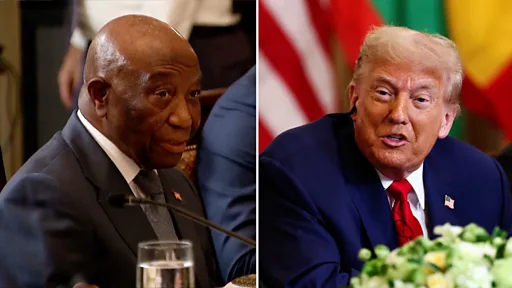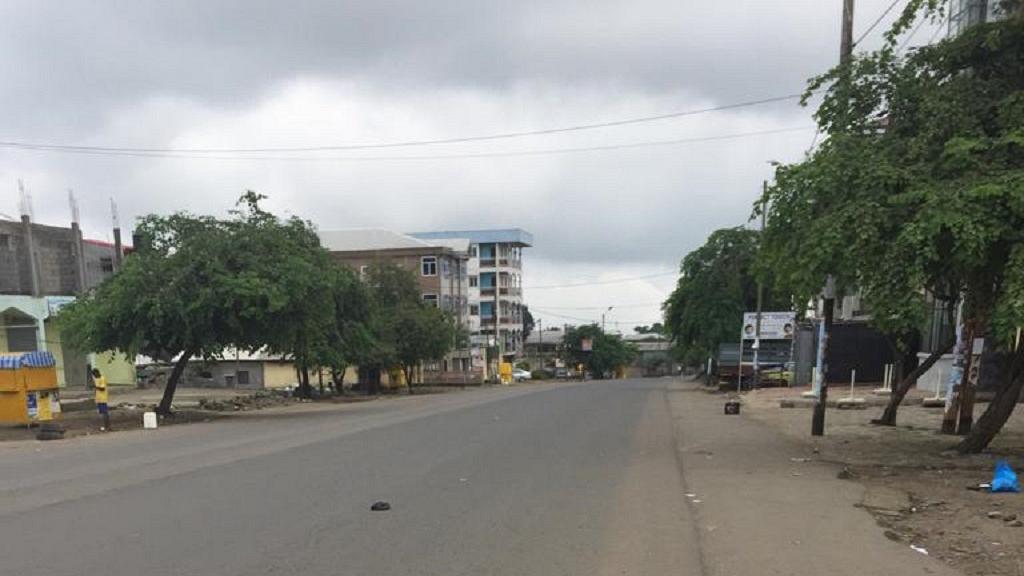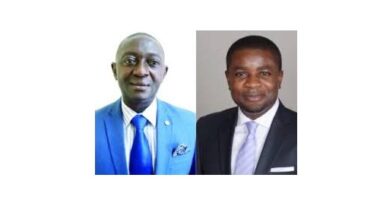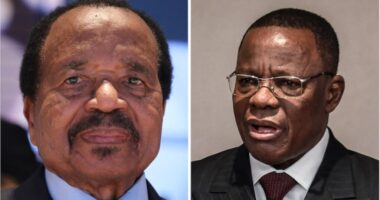Trump’s “Good English” Remark to Liberia’s Boakai: Cultural Ignorance or Racial Insult?
By Mark Bareta
During a recent meeting with several African leaders at the White House, former U.S. President Donald Trump raised eyebrows yet again when he told Liberian President Joseph Boakai that he speaks “such good English,” and followed up by asking, “Where did you go to school?” President Boakai, with diplomatic grace, laughed off the remark and did not mention that English is Liberia’s official language, a legacy of its founding by freed American slaves in 1822.
On the surface, the exchange might seem trivial or even awkwardly benign. But upon closer examination, it reveals deeper issues of racial assumptions, cultural ignorance, and the persistence of colonial-era stereotypes in modern diplomacy.
The Historical Context Trump Missed
Liberia is Africa’s oldest republic, founded by freed Black slaves from the United States under the auspices of the American Colonization Society. English has been its official language since inception, and its political and legal systems are heavily modeled after those of the U.S.
In fact, Liberia’s elite class — often called “Americo-Liberians” — have long embraced American educational values, with many Liberian leaders attending U.S. or Western institutions. President Boakai himself earned his degree from the College of West Africa and Cuttington University College — both institutions rooted in American-style education.
So for a U.S. president to express surprise that a Liberian head of state “speaks good English” reflects, at best, a troubling lack of historical awareness, and at worst, a condescending racial stereotype.
Was It Racist? Let’s Break It Down
To determine if the remark was racist, we must distinguish between intent, impact, and historical framing.
1. Intent
Trump may not have intended to insult Boakai. His comment may have stemmed from ignorance, not malice. However, racism doesn’t require explicit hatred to exist. Even well-meaning remarks can perpetuate harmful stereotypes, especially when coming from a position of power.
2. Impact
The impact is clear: it reduces an African head of state to a stereotype — that African leaders are expected to speak poorly or broken English unless “schooled” in the West. It sends a subtle message: “I didn’t expect this from you.” For many Black or African professionals, especially those in diaspora contexts, this kind of comment is a familiar microaggression.
3. Historical Framing
The comment fits a colonial framework where African excellence must be validated by Western norms — particularly language. That a U.S. president would express surprise that an African leader speaks fluent English reflects an enduring Eurocentric lens that views Africa as linguistically and intellectually “other.”
Given Liberia’s unique historical ties to the U.S., the irony is especially jarring.
A Pattern, Not an Isolated Incident
This isn’t the first time Trump has made questionable remarks about Africa. His infamous reference to “s**thole countries” in 2018 sparked global outrage. Similarly, during other meetings with African leaders, he’s been criticized for appearing dismissive or uninformed.
Such patterns reveal a deeper issue: a persistent failure by some Western leaders to see African countries as equals on the global stage, even in diplomatic settings. These moments erode trust and reinforce narratives of condescension and dominance.
Why It Matters
The language of diplomacy is not just about protocol — it is about respect, recognition, and relationship-building. When a Western leader singles out an African head of state’s language proficiency with shock or novelty, it doesn’t just insult that individual — it subtly questions the competence of the entire region.
More broadly, such remarks risk reinforcing the false dichotomy of the “civilized West vs. the underdeveloped Rest,” which global movements for racial justice and equity have fought to dismantle.
Conclusion: An Opportunity for Reflection
Was Trump’s comment racist? Yes — in effect, if not in intent. It was steeped in a lack of awareness and reinforced a racialized view of African capabilities. This moment serves as a reminder that words matter — especially from leaders — and that mutual respect in international relations requires both historical literacy and cultural sensitivity.
For Africa and Liberia in particular, the path forward must include demanding dignity, not just diplomacy. African leaders should not have to smile through condescension, and the global community must continue to call out such instances for what they are: vestiges of a world that must be left behind.





